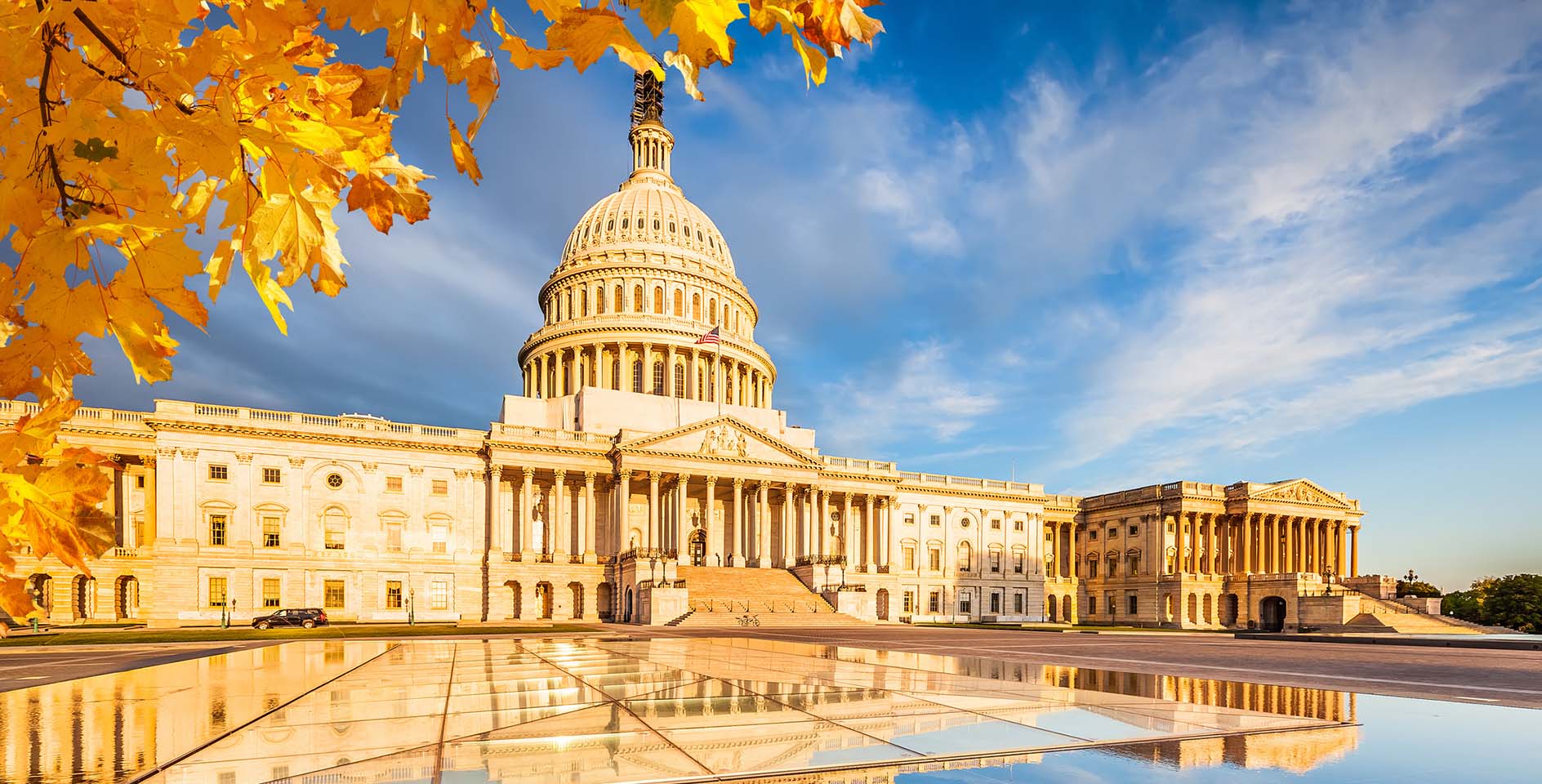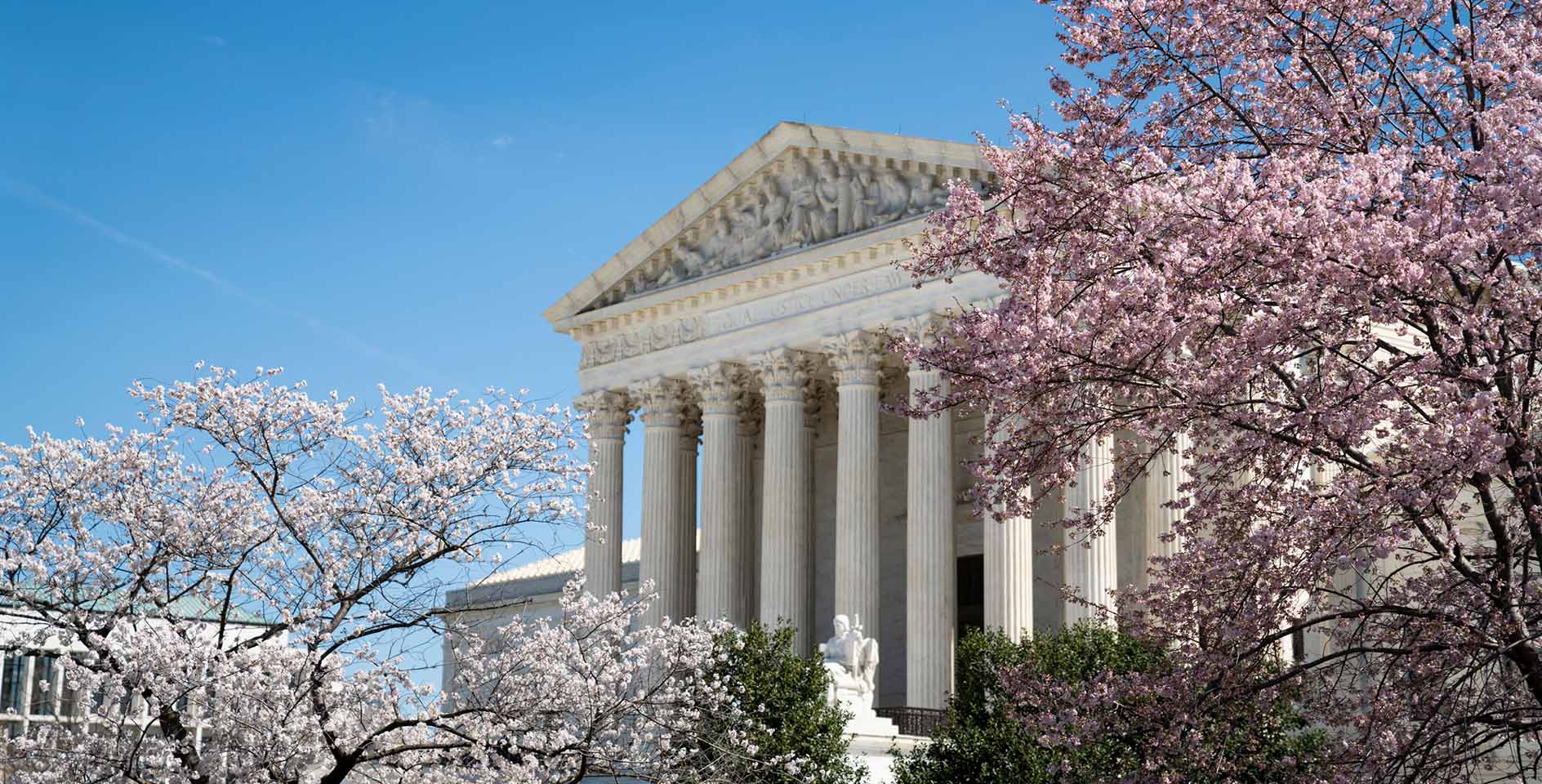BALTIMORE (BP)—American Christians need to recognize the threat to religious freedom means they not only may be persecuted but they may be culpable as persecutors, Russell D. Moore said in a panel session sponsored by the Ethics & Religious Liberty Commission on the eve of the 2014 meeting of the Southern Baptist Convention.
Rick Warren, David Platt and Samuel Rodriguez joined Moore, the ERLC’s president, in addressing June 9 the current status and future of religious freedom in the United States.
Many Christians “shrug off” the issue because they don’t understand they are accountable for religious liberty in the American form of government, Moore told the audience of about 260 people.
The question, he said, “is not only, ‘Are we going to be persecuted?’ The question is, ‘Are we going to be persecutors?’ And so if we shrug this off , what we’re doing is we’re consigning future generations, we’re consigning people’s consciences to a tyranny that we are going to be held accountable for.”
Rodriguez, president of the National Hispanic Christian Leadership Conference, told the audience religious freedom “will be the civil rights issue of the 21st century.”
“Today’s complacency is tomorrow’s captivity,” he said, adding, “The firewall against secular totalitarianism is religious liberty and religious pluralism.”
Christians “need to fight for religious pluralism, religious liberty across the board,” Rodriguez said. “If not, the voice of religious liberty, religious freedom, conscience will be silenced in the 21st Century.”
Warren, popular author and pastor of Saddleback Church in Lake Forest, Calif., said he does not fear freedom in a pluralistic society. He believes in pluralism, not relativism.
“In other words, I believe in a free market world,” he said. “The Gospel is going to win because it’s got the better story to tell. So I’m not afraid of a free market.
“I do not believe in religious coercion. I do believe in religious persuasion.”
The title of the panel discussion was “Hobby Lobby and the Future of Religious Liberty,” so named because of a vital case before the U.S. Supreme Court. Hobby Lobby — which is owned by the Greens, a family of evangelical Christians — has refused to abide by the federal government’s abortion/contraception mandate, which requires employers to provide abortion-causing drugs to their workers. Their challenge to the requirement awaits a decision by the high court, which is expected to announce its ruling before it adjourns in late June or early July.
The justices will decide whether “there is the freedom to dissent and the freedom to accommodate these conscientious objections in the governing of people’s lives and the running of their businesses,” Moore said. “This will have everything to do with everything that your church does for the next 100 years.”
Moore and Warren predicted Hobby Lobby and another family owned business, Conestoga Wood Specialties, would win the case. Moore provided encouragement if religious liberty does not prevail.
“If we lose this case, the Gospel is not lost,” Moore said. “If the United States of America crumbles away, the gospel is not lost.
“I’m spending all of my time right now making sure that we stay out of jail,” he told the audience. “But there is one thing worse than going to jail, and that’s staying out of jail and sacrificing the Gospel of Jesus Christ.”
Warren responded, “This issue may take – just as it did with Martin Luther King – it may take some pastors going to jail. I’m in.”
Platt, also a popular author and pastor of The Church at Brook Hills in Birmingham, Ala., said he wants to raise “an army of church members who are in, who are in regardless of what happens in this case.”
A reason for the church’s complacency on religious liberty is many members “are not taking the risks for the Gospel that we need to be taking, proclaiming the Gospel,” Platt said.
Government is seeking to limit religious freedom to what happens during corporate worship, speakers said.
Government doesn’t have to do that for Christians, Platt said. “We have privatized Christianity ourselves.
“Privatized Christianity is impossible,” he said. “It is impossible to have privatized faith with a resurrected King.”









